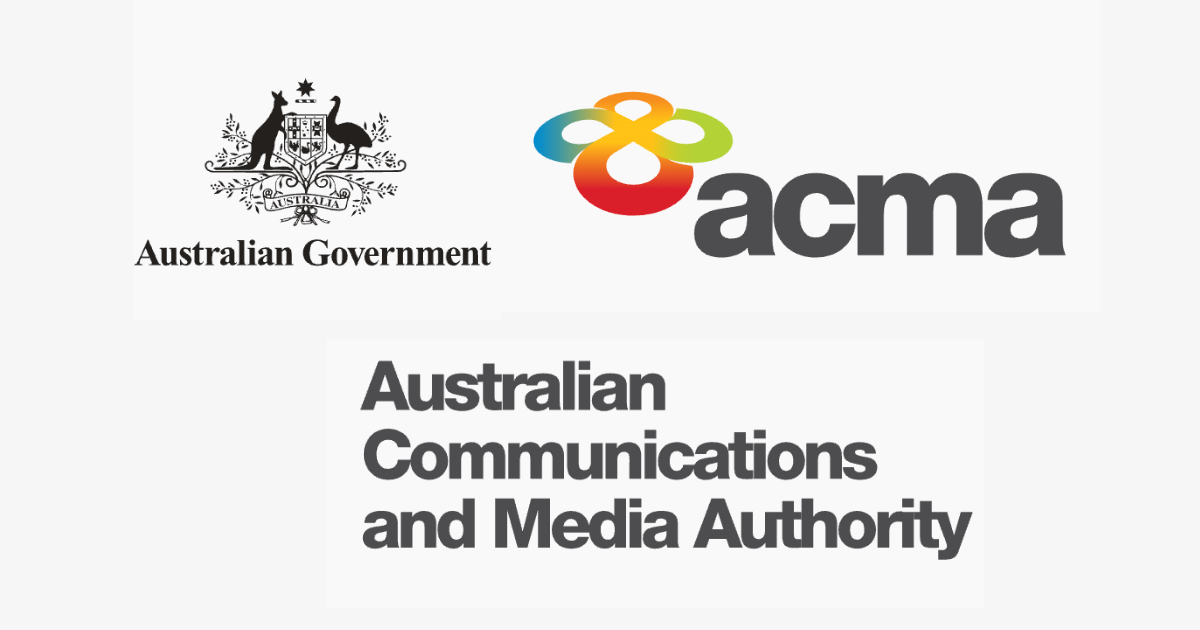Why register?
To be part of the News Media and Digital Platforms Mandatory Bargaining Code, publishers must register with the Australian Communications and Media Authority (ACMA). The Code aims to strengthen the bargaining position of newsrooms when negotiating commercial agreements with digital platforms such as Google and Meta.
Once registered, your business will appear on a public list on ACMA’s website.
How to register
The application process requires evidence of eligibility. A summary is below, but if unsure, refer to the ACMA Guidelines or contact bargainingcode@acma.gov.au.
What you’ll need:
- Revenue over $150,000 in at least 3 of the last 5 years
- A myGovID account linked to your ABN
- A nominated contact person (ACMA will only correspond with them)
- A list of the news sources you wish to register (up to 20 per application)
- Business details (e.g. employee numbers, office location)
- Statutory declarations covering revenue, Australian operation, and business ownership
- Proof of editorial standards, including a complaints mechanism
Step-by-step process
1. Link your myGovID to your ABN
Here are some instructions on how to do that.
2. Demonstrate revenue eligibility
Show that your business earned more than $150,000 in at least 3 of the past 5 financial years.
You’ll need:
- Profit and loss statements, annual reports, or BAS documentation
- A statutory declaration from your CFO, practising accountant, or registered auditor
- If you prepare audited statements for ASIC under the Corporations Act 2001, you must provide these
Refer to page 5 of the ACMA Guidelines for more detail.
3. Register your news sources
List each publication or outlet you operate. Include the “news source type”, which could be:
- Newspaper or magazine
- Television or radio channel/program
- Website
- Podcast or video program intended for online distribution
4. Meet the professional standards test
Demonstrate your newsroom has editorial standards and a formal complaints process. You can use LINA’s Policy Bank templates to develop complaints handling, privacy, and editorial standards policies.
As a LINA member, you are also a member of the Australian Press Council (APC), which satisfies this requirement.
You must:
- Display the APC badge and membership notice on your website
- Provide links to your editorial policies
5. Pass the content test
Prove you operate a public interest news source.
You’ll need to provide:
- A link to your website(s)
- Publication or broadcasting schedules (if relevant)
- Examples of public interest reporting
6. Prove you reach Australian audiences
Provide evidence such as:
- Australian business address and domain name
- Number of employees based in Australia
- Readership or viewership data (if available)
7. Confirm ownership (the connection requirement)
Provide a statutory declaration from your company secretary (or yourself) confirming control of the business.
After registration: what’s next?
Notify ACMA if your circumstances change
You must inform ACMA immediately if:
- Your business no longer meets the eligibility criteria
- You cease to control a registered news source
- Your contact person changes
- Your business ceases operations
Failure to notify ACMA can result in civil penalties.
ACMA’s role in dispute resolution
Once registered, if negotiations with a digital platform stall for more than 3 months, ACMA may appoint a mediator. If mediation fails, an independent arbitrator can be appointed to resolve the matter under the Code.
Need help?
- Application portal: ACMA registration page
- ACMA contact: bargainingcode@acma.gov.au
- myGovID support: 1300 287 539 (Business support line)


